~ By Cindy Wooden, Catholic News Service
VATICAN CITY – As countries become more culturally and ethnically diverse, their Catholic communities become more “catholic” and their societies can increasingly reflect the fact that all people are brothers and sisters, Pope Francis said.
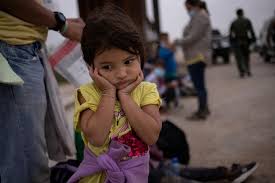 “In encountering the diversity of foreigners, migrants and refugees, and in the intercultural dialogue that emerge from this encounter, we have an opportunity to grow as church and to enrich one another,” the Pope wrote in his message for the World Day of Migrants and Refugees which will be marked on September 26 in most countries.
“In encountering the diversity of foreigners, migrants and refugees, and in the intercultural dialogue that emerge from this encounter, we have an opportunity to grow as church and to enrich one another,” the Pope wrote in his message for the World Day of Migrants and Refugees which will be marked on September 26 in most countries.
The message called on all Catholics to build up the church by welcoming and getting to know Catholic migrants and refugees and reaching out with a witness of charity to members of other religious, and it called on all people to enrich the diversity of their countries by accepting newcomers and ensuring they are not left languishing in poverty.
The theme the Pope chose for the day is “Toward an ever side ‘we,’” and it builds on the teaching in his encyclical , “Fratelli Tutti, on Fraternity and Social Friendship.”
In the encyclical, his message said, “I expressed a concern and a hope that remain uppermost in my thoughts: ‘Once this health crisis passes, our worst response would be to plunge even more deeply into feverish consumerism and new forms of egotistic self-preservation.’ God willing, he said, after all this, we will think no longer in terms of ‘them’ and ‘those’ but only ‘us.’”
The global movement of people, he said, means “our societies will have a ‘colorful’ future, enriched by diversity and by cultural exchanges. Consequently, we must even now learn to live together in harmony and peace.” To read the full account please click here

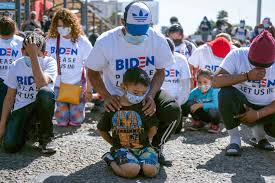 “Sometimes I always say the best way to understand what is happening at the border is to come and see, you know?” said the Sister of the Missionaries of Jesus, adding that it makes a difference when you “actually see the face of a child, a mother hurting and suffering for their babies.”
“Sometimes I always say the best way to understand what is happening at the border is to come and see, you know?” said the Sister of the Missionaries of Jesus, adding that it makes a difference when you “actually see the face of a child, a mother hurting and suffering for their babies.”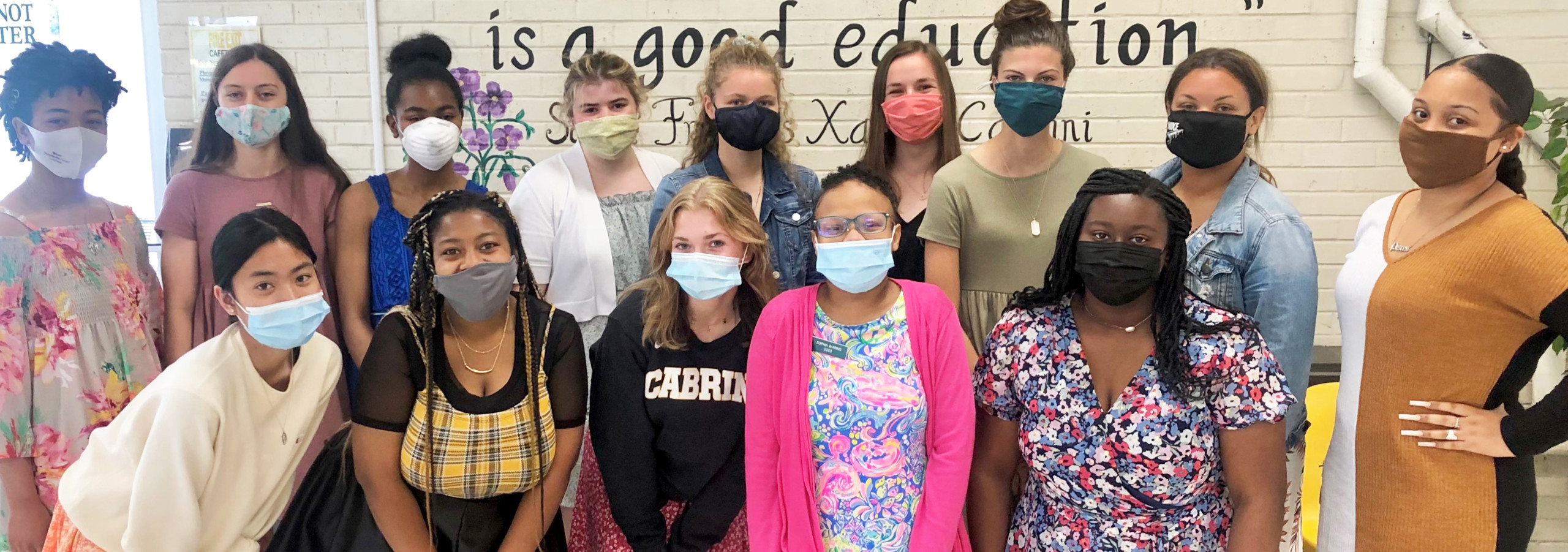
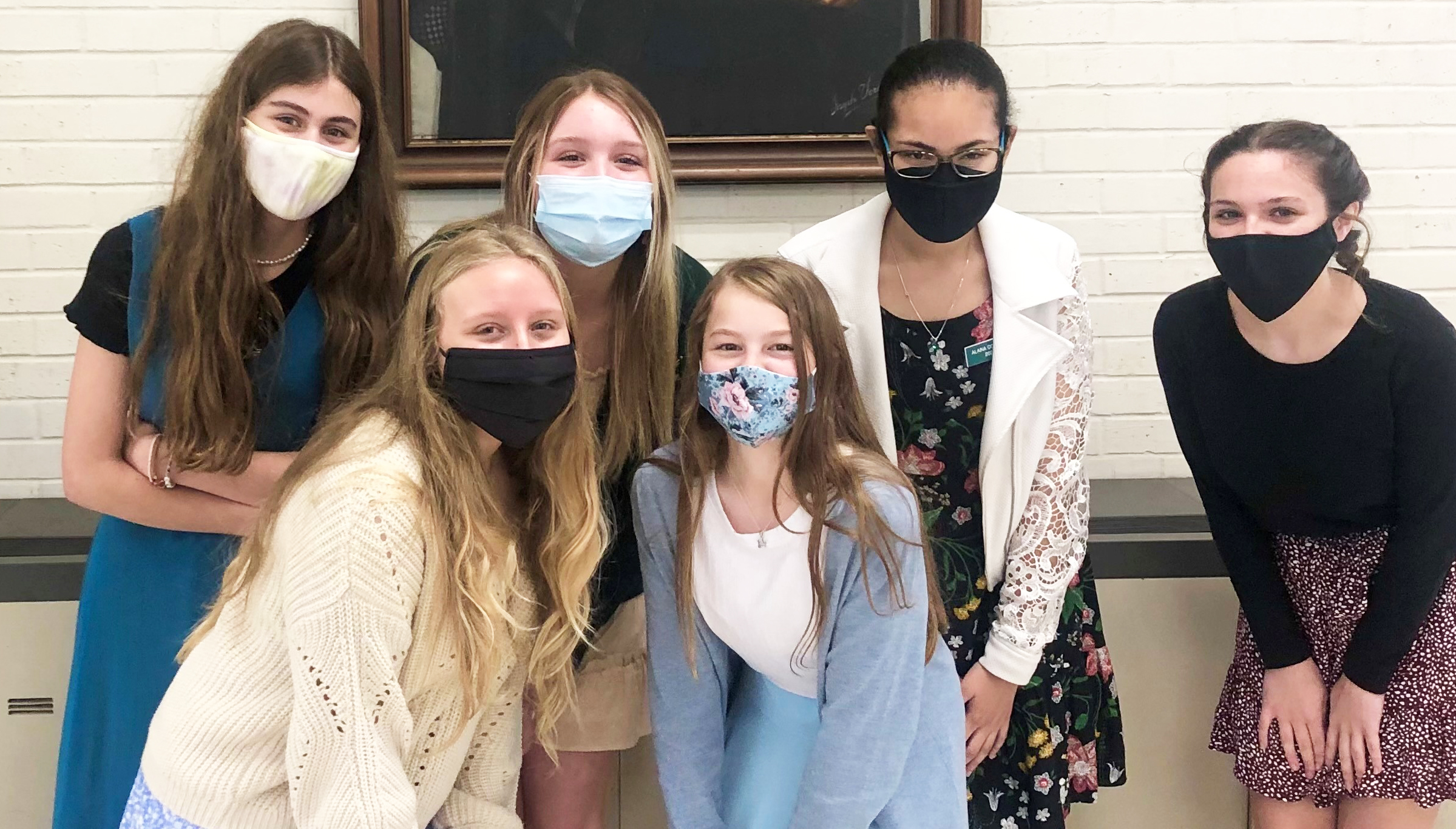 According to Campus Minister, John Smestad, “In keeping with this mission a priority of the Cabrini family, Cabrini High School takes a week each year to educate, pray, and take a stand against the crime and sin of human trafficking. One of the concrete efforts is to raise funds for the anti-human trafficking initiatives of the Sisters. ‘Sun’s Up, Dress Up’ provides an opportunity for students to dress up, make a donation and make a difference.”
According to Campus Minister, John Smestad, “In keeping with this mission a priority of the Cabrini family, Cabrini High School takes a week each year to educate, pray, and take a stand against the crime and sin of human trafficking. One of the concrete efforts is to raise funds for the anti-human trafficking initiatives of the Sisters. ‘Sun’s Up, Dress Up’ provides an opportunity for students to dress up, make a donation and make a difference.”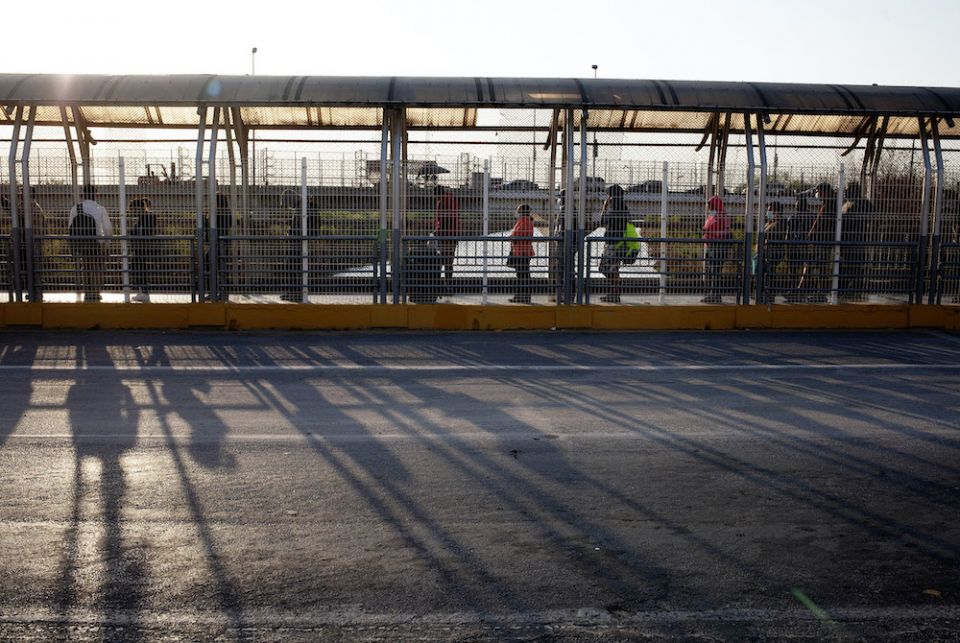 ~ by Soli Salgado, Global Sisters Report
~ by Soli Salgado, Global Sisters Report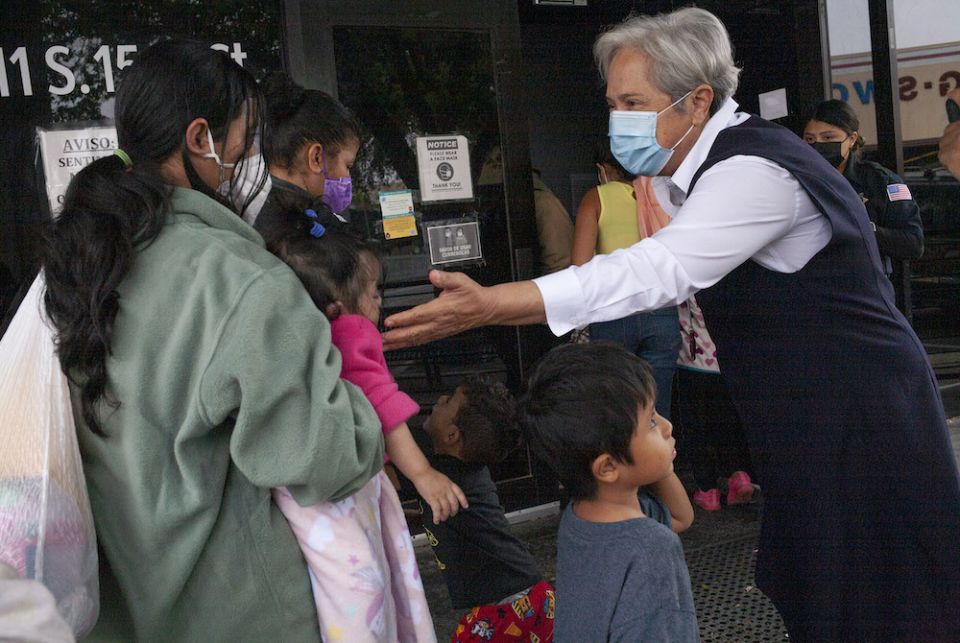 Missionary of Jesus Sr. Norma Pimentel agreed, noting that a “crisis” indicates a shortage of options. “But, I think the options are there – they’re just not being put forward,” said Pimentel, Executive Director of Catholic Charities of the Rio Grande Valley.
Missionary of Jesus Sr. Norma Pimentel agreed, noting that a “crisis” indicates a shortage of options. “But, I think the options are there – they’re just not being put forward,” said Pimentel, Executive Director of Catholic Charities of the Rio Grande Valley.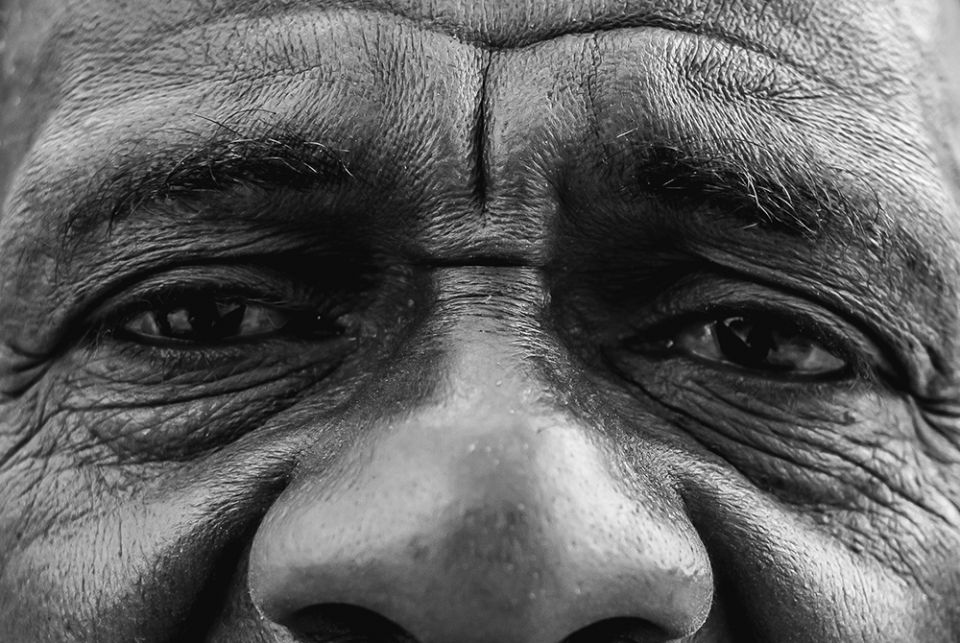 y live in subhuman, pathetic conditions, lacking decent housing facilities, potable water, sanitation facilities and other amenities, and are exposed to inclement weather and a hazardous atmosphere. They work for long hours, sometimes risking their health and lives, and yet, are paid less than they are entitled to. As they lack financial and health security and have little or no social support from a caste-and class-ridden society, they are unsure of what they can or cannot control in their lives. This leads to a certain passivity; resigned to their “fate”.
y live in subhuman, pathetic conditions, lacking decent housing facilities, potable water, sanitation facilities and other amenities, and are exposed to inclement weather and a hazardous atmosphere. They work for long hours, sometimes risking their health and lives, and yet, are paid less than they are entitled to. As they lack financial and health security and have little or no social support from a caste-and class-ridden society, they are unsure of what they can or cannot control in their lives. This leads to a certain passivity; resigned to their “fate”.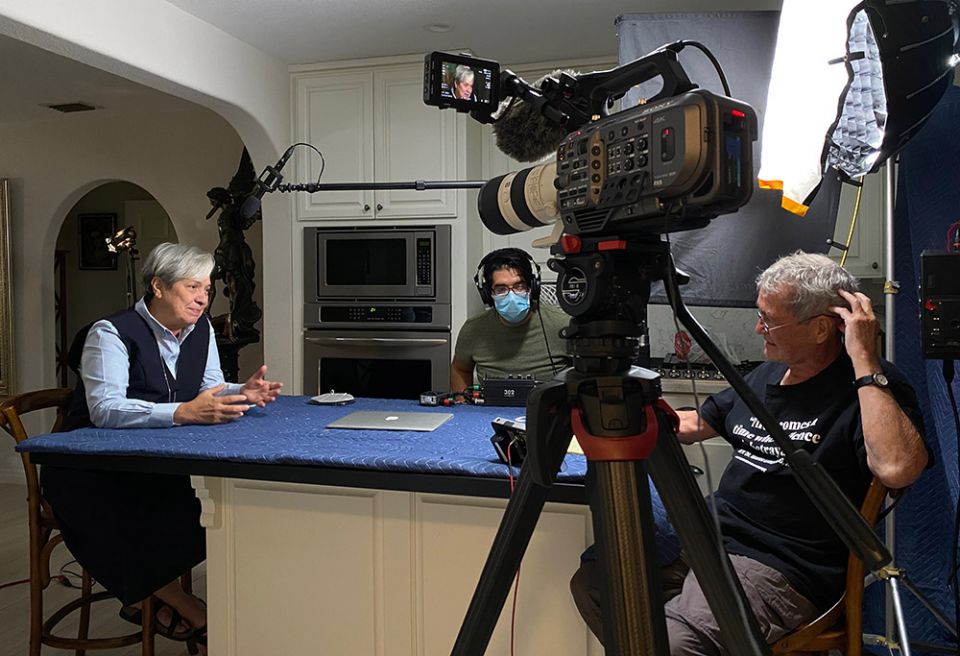 The filmmakers chose Missionary of Jesus Sr. Norma Pimentel to be the lens through which they view the issue of migration, focusing on the refugee camp in Matamoros, Mexico, where she regularly ministers.
The filmmakers chose Missionary of Jesus Sr. Norma Pimentel to be the lens through which they view the issue of migration, focusing on the refugee camp in Matamoros, Mexico, where she regularly ministers.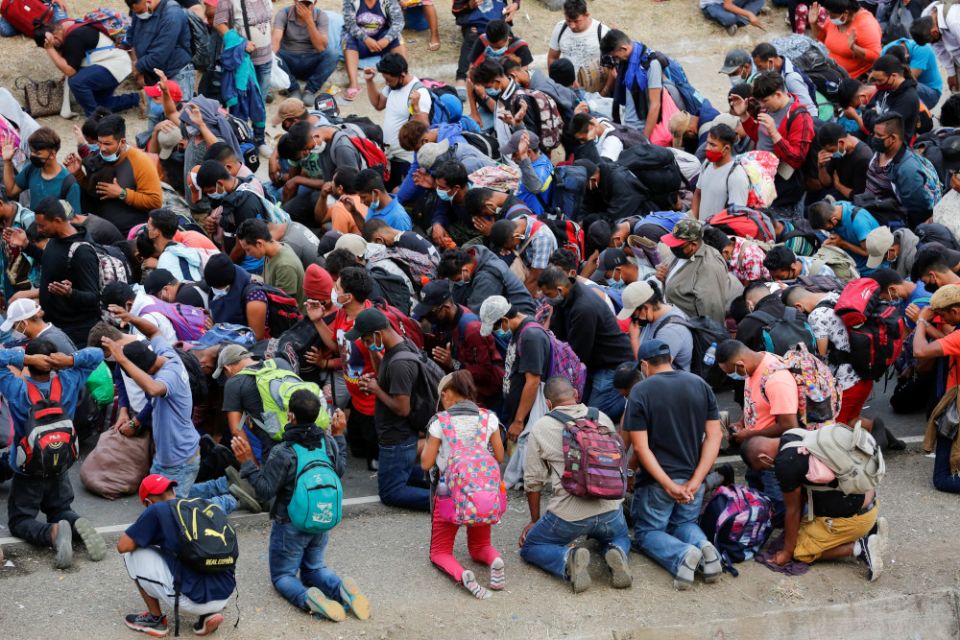
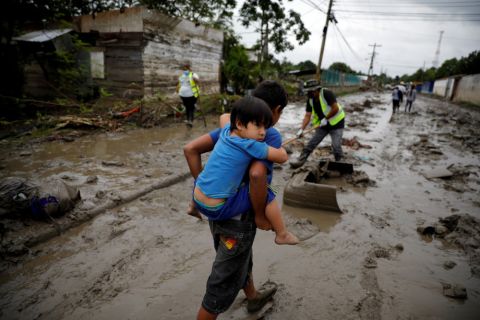 . People just get desperate at that point.”
. People just get desperate at that point.”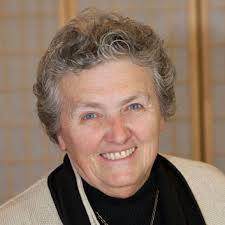 “Did anyone notice during this entire presidential campaign what was said most about Joe Biden? It was that he is a good man,” Sr. Joan Chittister, a Benedictine Sister of Erie, PA, and the co-chair of the Global Initiative of Women told the GSR, “[people] are looking for character. They’re looking for quality.”
“Did anyone notice during this entire presidential campaign what was said most about Joe Biden? It was that he is a good man,” Sr. Joan Chittister, a Benedictine Sister of Erie, PA, and the co-chair of the Global Initiative of Women told the GSR, “[people] are looking for character. They’re looking for quality.”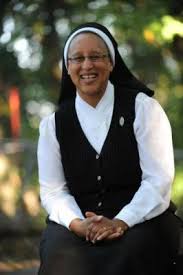 said she is looking for a return to civility.
said she is looking for a return to civility.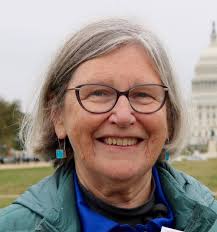 Catholic social justice lobby, said Biden’s Catholic faith is inseparable from who he is.
Catholic social justice lobby, said Biden’s Catholic faith is inseparable from who he is.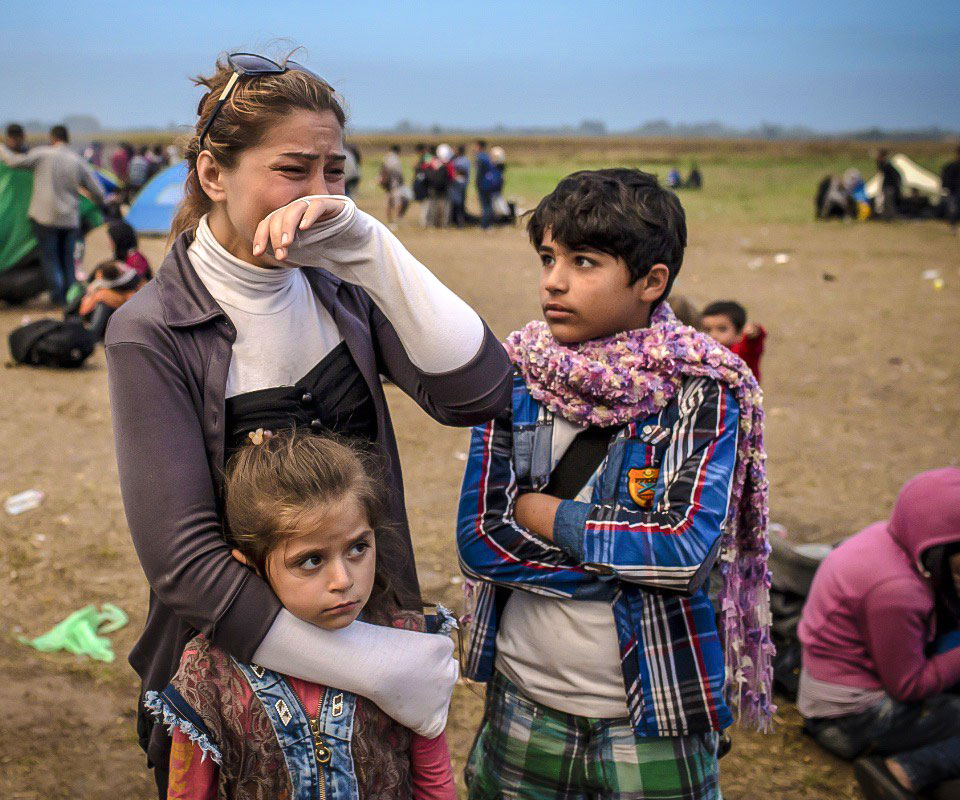 At the beginning of this year, I pointed to the tragedy of internally displaced people as one of the challenges of our contemporary world: “Situations of conflict and humanitarian emergencies, aggravated by climate change, are increasing the number of displaced persons and affecting people already living in a state of dire poverty. May of the countries experiencing these situations lack adequate structures for meeting the needs of the displaced.”
At the beginning of this year, I pointed to the tragedy of internally displaced people as one of the challenges of our contemporary world: “Situations of conflict and humanitarian emergencies, aggravated by climate change, are increasing the number of displaced persons and affecting people already living in a state of dire poverty. May of the countries experiencing these situations lack adequate structures for meeting the needs of the displaced.”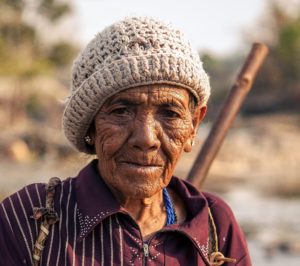
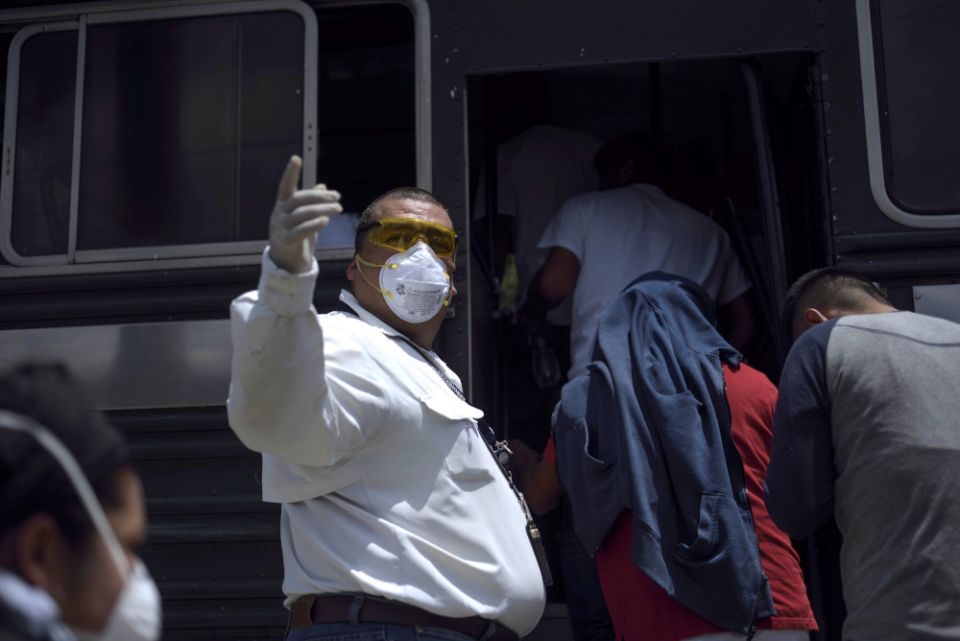 ~ by Rhina Guidos, Catholic News Service
~ by Rhina Guidos, Catholic News Service